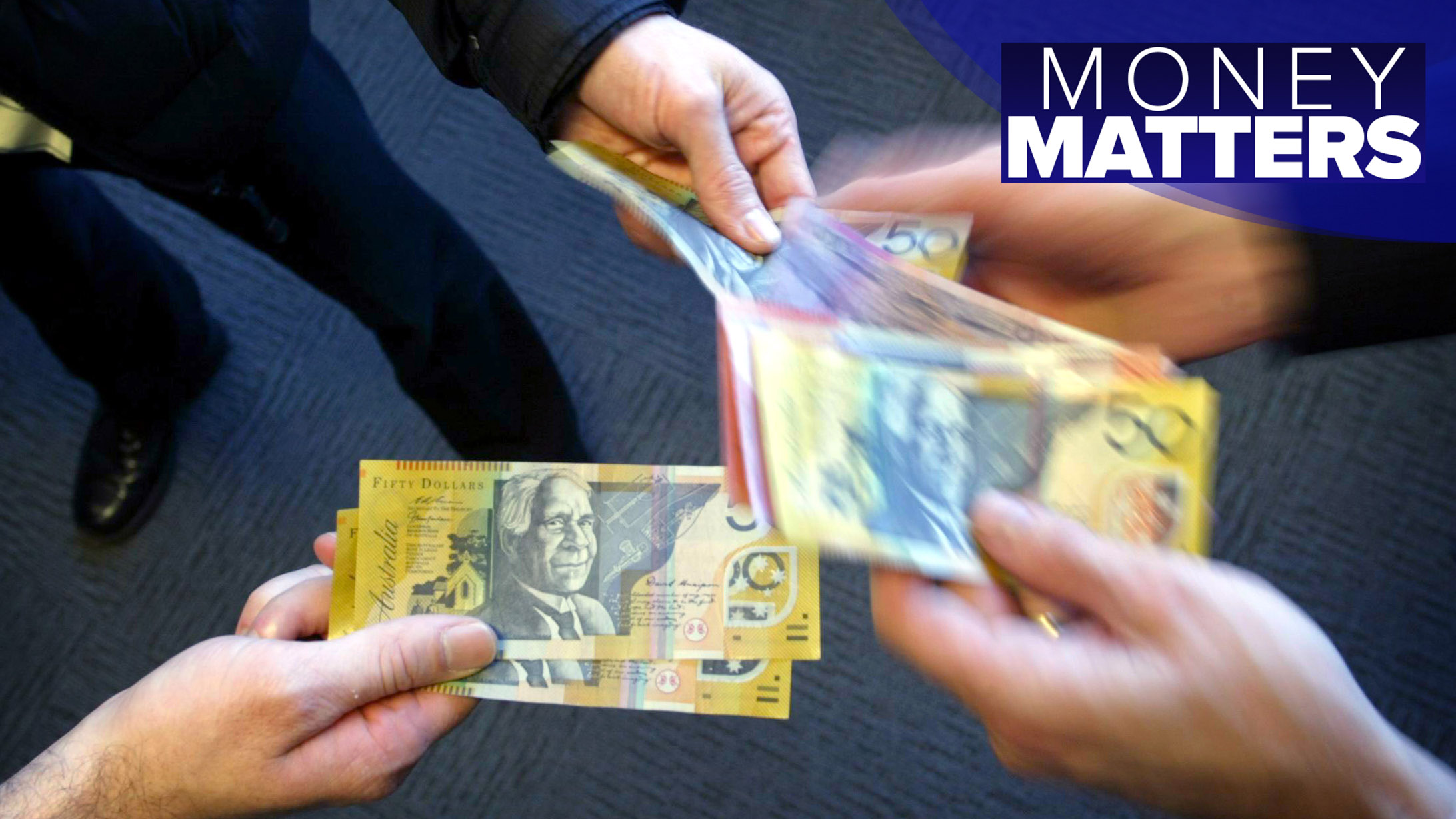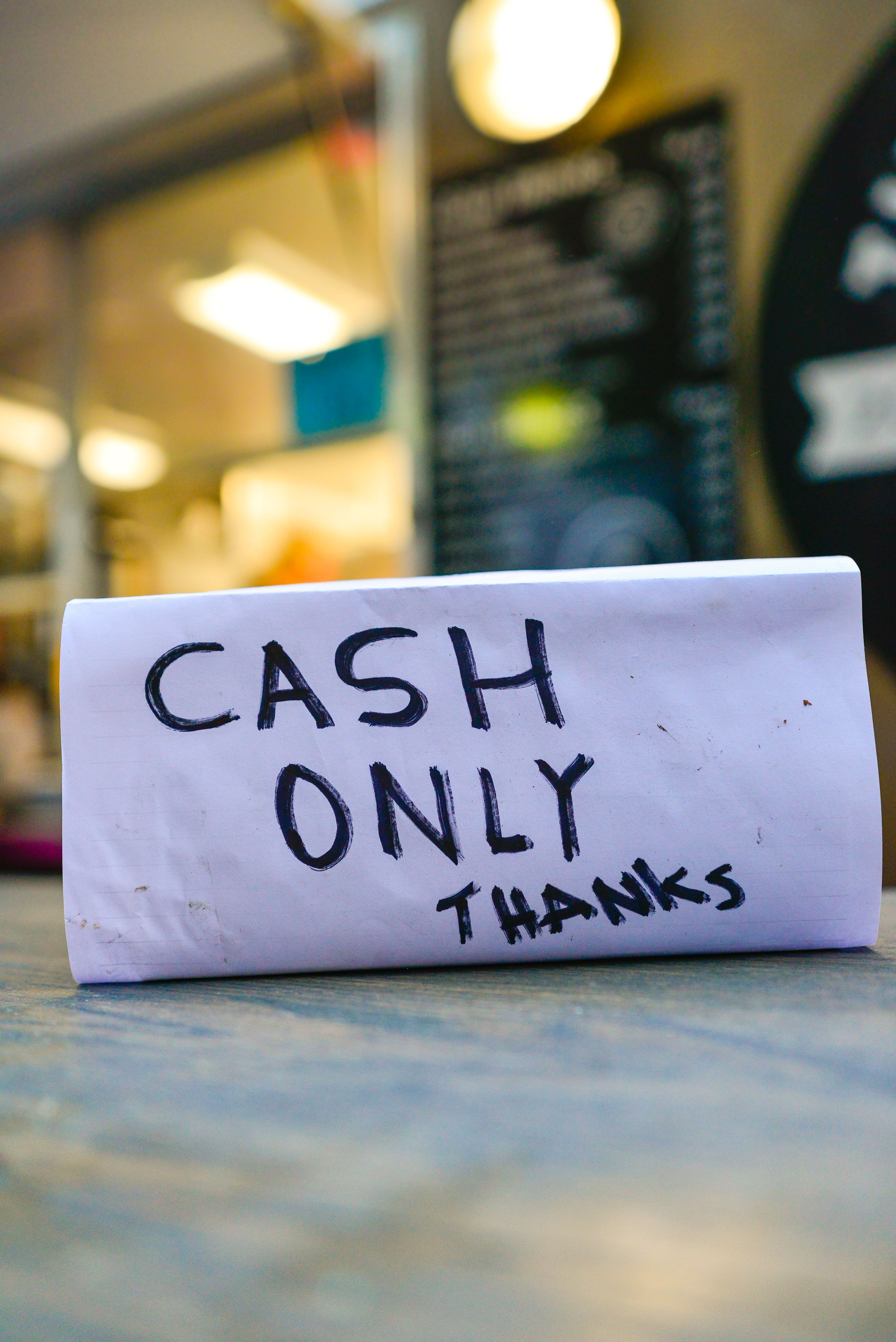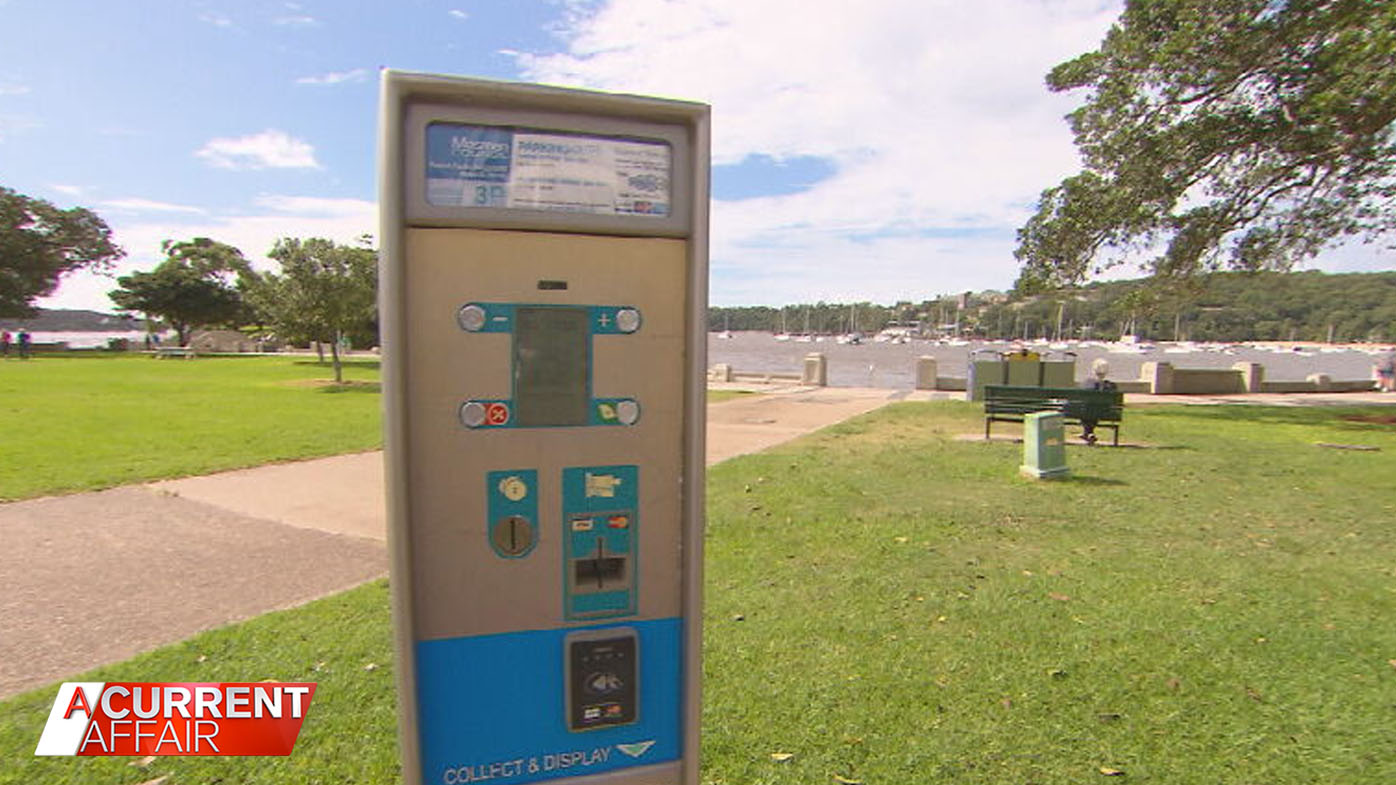Every week we will break down, debunk and demystify your rights as a shopper in Australia. This week we are looking at the hot-button issue of legal tender, and why businesses or shops may not accept cash if it is deemed to be "legal tender".
We all know life is getting more expensive than ever before, and how important it is to stretch every dollar you make.
That's why each week we'll answer a question surrounding what shoppers are – and aren't – entitled to when dealing with retailers and manufacturers.
MONEY MATTERS: Is it legal for a shop to refuse cash as payment?

HAS COVID CHANGED LEGAL TENDER?
Hi Stuart, I have been offended since Covid by retailers refusing to accept cash. I was of the opinion that cash was legal tender and providing that that cash was presented in the correct manner the seller had a responsibility to accept.
Is this practice (which did not exist pre Covid) of not accepting cash just a new habit and does it violate our constitution?
Great to hear your opinion. Regards Col.
MONEY MATTERS: The big problem with card payment surcharges

Hi Col, thanks for writing in - the answer to your question has two sides: yes, cash is legal tender but no, a seller does not have a responsibility to accept it.
As we have covered previously, unless you are repaying a debt it is largely up to the seller to set the "commercial terms" of the transaction.
This means it's perfectly legal to specify which payment method a seller wants, as long as the buyer is aware of this prior to the goods or services being traded.
To use an example - if a coffee shop were to refuse cash they would have to have a prominent sign customers could see before they ordered coffee.
MONEY MATTERS: Can restaurants legally charge more on weekends?

Now onto legal tender.
According to the Reserve Bank of Australia, legal tender is largely set out in the Reserve Bank Act 1959 and the Currency Act 1965.
All Australian banknotes and coins are considered legal tender. Curiously, even though they aren't in circulation, 1c and 2c coins are still considered legal tender!
According to the Currency Act 1965, there are limits to how many coins can be used as "legal tender" to pay a single sum.
These amounts include (using the exact wording):
-
Amounts not exceeding 20c if 1c and/or 2c coins are offered
-
Amounts not exceeding $5 if any combination of 5c, 10c, 20c and 50c coins are offered; and
-
Amounts not exceeding 10 times the face value of the coin if $1 or $2 coins are offered.
MONEY MATTERS: Legal loophole in sign commonly seen at checkouts

So when is a seller ever forced to accept legal tender? The RBA comes through again - specifically concerning the payment of debts.
"Refusal to accept legal tender in payment of an existing debt, where no other means of payment/settlement has been specified in advance, conceivably could have consequences in legal proceedings; for example, the creditor may be unable to enforce payment in any other form," the bank says on its website.
"These general comments about legal tender are offered only as a guide and should not be taken as legal advice. People who need clarification on these matters should obtain appropriate legal advice."
Do you have a consumer question you want answered? You can get in touch with reporter Stuart Marsh at smarsh@nine.com.au.
The information provided on this website is general in nature only and does not constitute personal financial advice. The information has been prepared without taking into account your personal objectives, financial situation or needs. Before acting on any information on this website you should consider the appropriateness of the information having regard to your objectives, financial situation and needs.
from 9News https://ift.tt/kKQlF71
via IFTTT
Comments
Post a Comment